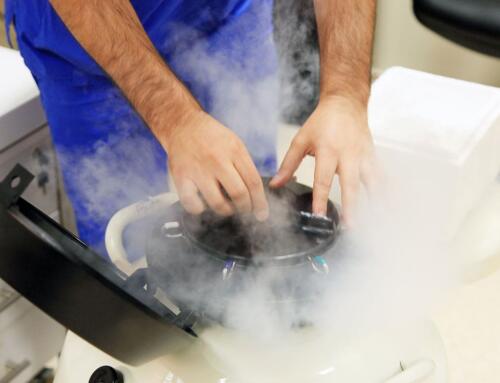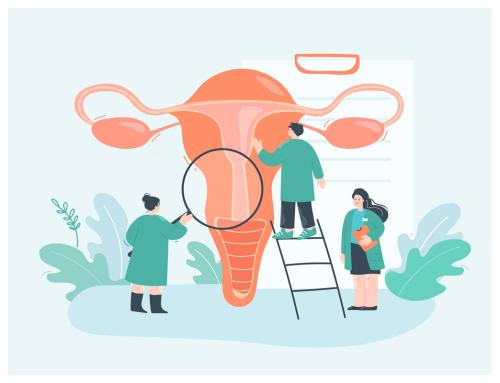Undergoing IVF or any other fertility treatment is an important decision, which requires planning and following certain protocols and waiting times.
Therefore, couples who come to assisted reproduction clinics such as ours must consider several factors before starting the process.
One of the questions many patients have is whether there is a better time to start fertility treatment and the duration of the whole process.
How long does fertility treatment last?
Every woman and her circumstances are different.
The time from the first visit to the clinic until a positive pregnancy test result is obtained can vary greatly from person to person. It depends on different parameters such as age, period irregularities, chronic illnesses, and fertility problems.
The steps and minimum duration of this type of treatment are as follows:
- First visit and fertility study.
- Ovarian stimulation. It must begin with the menstrual cycle, and the medication intake can last between 8 and 10 days.
- Ovarian puncture. Once oocyte maturation has been confirmed, oocyte extraction is organised by ovarian puncture 36 hours later (day 12 of the cycle).
- Fertilisation. On the same day, fertilisation is performed in the laboratory. In the following five days, the medical team will assess how many eggs have been fertilised and the development of the embryos until they achieve the appropriate morphological characteristics to be implanted.
- Transfer. When the time comes, the embryo transfer is carried out.
- Pregnancy test. 10-12 days after the embryo transfer, a pregnancy test is performed to confirm that the IVF has been successful.
When should I start my fertility treatment?
More and more women are fulfilling their dream of becoming mothers through IVF, and many are wondering when is the best time to start their treatment.
Depending on your age
Based on age alone, experts say women under 35 years, who have been trying to get pregnant in the traditional way for twelve months unsuccessfully, should see a specialist.
On the other hand, women who are 35 or older should see a specialist after 6 months of trying.
Is there a best season to start IVF?
The truth is that there is no best time of the year to undergo IVF, as it will depend on your personal circumstances. Fertility can be affected by stress levels and mood, and the levels of these factors vary from person to person at any given time of the year.
However, there are some general truths for each season that you may identify with and take into account before making a decision.
Advantages of starting fertility treatment in summer
Summer is a less stressful time. It is also a holiday season, and therefore many women and couples have more time to undergo fertility treatment and experience the process in a more relaxed and intimate way.
Advantages of starting fertility treatment in winter
Winter can also be a good time to start fertility treatment because we might have more leisure time.
In addition, Christmas and gatherings with friends and family are usually emotionally positive times, which can be decisive for undertaking such an important life project as motherhood.
Advantages of starting fertility treatment in spring and autumn
The main advantage of starting fertility treatment in spring and autumn is that the temperatures at this time of year are quite mild. There is also not too much dryness or humidity, nor too much or too little light, which can be beneficial for the patient’s mood.
How to cope with fertility treatment? Reducing stress is key
Fertility treatments such as IVF are very demanding, and involve dedicating part of our time and energy to the process.
Choosing the right time to do it is important, but the most important thing is to be calm.
In this sense, the best time to start fertility treatment is when you are comfortable and confident with your decision, and when you can effectively deal with the process and combine it with your personal and professional life.
It is also important to be in a good frame of mind, as positive thoughts help to reduce stress and emotional exhaustion.

Finally, during treatment it is crucial to have support, whether it comes from your partner, your family or friends.
And, of course, you must trust the professionals, who will resolve your doubts and help you to get through each of the phases of the process much more smoothly.
That is why at our clinic we help our patients to introduce good habits into their daily lives (improving their diet, getting enough rest, taking care of their physical appearance, etc.) and we offer them psychological support before and during a process in which feelings such as uncertainty, insecurity, irritability or sadness are common.
















